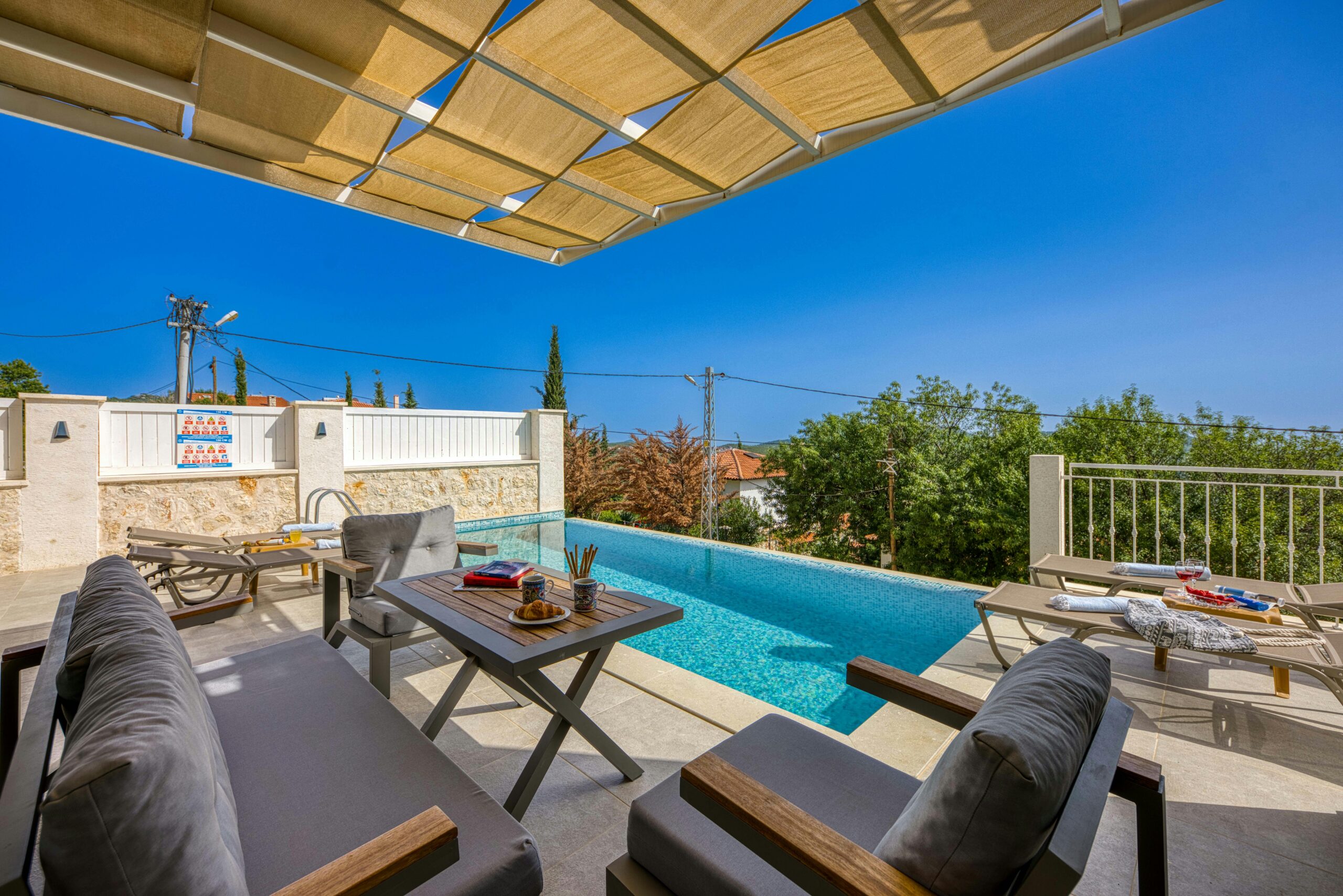When the temperature drops, many pool owners reluctantly close their swimming season earlier than they’d like. However, with the right pool heating system, you can significantly extend your swimming season and enjoy your backyard oasis for many more months of the year. In this comprehensive guide, we’ll explore the three main options for heating your swimming pool: solar heaters, gas heaters, and electric heat pumps. By understanding the pros, cons, and costs of each method, you’ll be well-equipped to determine the best way to heat your pool based on your specific needs and budget.
Understanding Pool Heating Needs
Before diving into the pool heating options comparison, it’s important to consider your specific requirements. The ideal heating solution depends on several factors including your local climate, pool size, desired water temperature, frequency of use, and budget constraints. In cooler regions, you may need a more powerful heating system to extend the swimming season, while in warmer areas, a simple solar system might suffice. Consider how many additional weeks or months you want to add to your swimming season, as this will influence which heating method makes the most sense for your situation.
Solar Pool Heater: Pros and Cons
Solar pool heaters represent the most environmentally friendly and cost-effective option in the long run. These systems work by circulating pool water through a series of solar collectors, typically installed on your roof or a nearby rack, where the water is warmed by the sun before returning to your pool. The most compelling advantage of solar heating is the minimal operational cost—once installed, the energy from the sun is free. This can save substantial money over time compared to other heating methods.
However, solar pool heater pros and cons must be carefully weighed. The initial installation cost can range from $3,000 to $7,000 depending on the system size and complexity. Solar heaters also depend heavily on available sunlight, making them less effective on cloudy days or during nighttime. They also heat water more slowly than gas or electric alternatives, which means they require more planning ahead. In regions with limited sunshine or for those who want to swim regardless of weather conditions, solar heating might need to be supplemented with another heating method.
Gas Pool Heaters: Fast and Powerful
Gas pool heaters remain one of the most popular options for pool owners seeking rapid heating capabilities. These systems burn either natural gas or propane to heat water as it passes through a combustion chamber. The primary advantage of gas heaters is their ability to raise water temperature quickly—typically 1-3 degrees per hour—regardless of outside weather conditions. This makes them ideal for pool owners who use their pools intermittently and want heat on demand.
When evaluating gas vs electric pool heater cost, the initial installation expense for gas heaters ($1,500-$4,500) is often lower than other options. However, the operational costs can be significant, especially with fluctuating gas prices. Monthly gas bills during heavy usage periods can reach several hundred dollars. Gas heaters also have shorter lifespans (5-10 years) compared to other heating methods and produce more carbon emissions. Despite these drawbacks, for homeowners with access to natural gas lines and those who need quick heating for occasional use, gas heaters remain a practical solution to extend swimming season heating capabilities.
Electric Heat Pumps: Efficient Mid-Range Option
Electric heat pumps have gained popularity as an efficient middle-ground between solar and gas options. Unlike gas heaters that generate heat, heat pumps transfer existing heat from the ambient air to your pool water—similar to how an air conditioner works, but in reverse. This methodology makes them significantly more energy-efficient than gas heaters, often using just one-fifth the energy to produce the same heating output.
The initial investment for an electric heat pump typically ranges from $2,500 to $6,000, positioning them between solar and gas options in terms of upfront costs. Their operational efficiency makes them cost-effective for regular, consistent heating, typically adding $50-$150 to monthly electric bills depending on usage and local rates. Heat pumps work most efficiently when the air temperature remains above 50°F, making them ideal for extending the season in spring and fall but less effective in very cold conditions. With proper maintenance, these units can last 10-15 years, offering good long-term value for those seeking consistent pool temperature maintenance.
Finding the Best Way to Heat Your Pool
Determining the best way to heat your pool ultimately comes down to balancing initial costs, ongoing expenses, environmental impact, and heating performance. For environmentally conscious homeowners with patience and a suitable climate, solar heating provides the lowest long-term cost. Those seeking instant gratification and powerful heating regardless of weather conditions might prefer gas heaters despite their higher operational expenses. Electric heat pumps offer a balanced approach for homeowners who want consistent, efficient heating without the weather dependency of solar systems.
For professional guidance tailored to your specific pool and regional climate, consulting with experienced pool heater installers is highly recommended. Professionals from AskHomey can assess your unique situation and recommend the optimal heating solution based on your pool size, usage patterns, and budget considerations.
Maintaining Your Pool Heating System
Regardless of which heating system you choose, proper maintenance is essential for optimal performance and longevity. Solar systems require periodic inspection of collectors for debris and checking for proper water flow. Gas heaters need annual professional servicing to ensure safe operation and maximum efficiency. Electric heat pumps should have their filters cleaned regularly and coils inspected for proper airflow. Regular maintenance not only extends equipment life but also ensures your system operates at peak efficiency, minimizing operational costs while maximizing your extended swimming season.
For more tips and to connect with reliable home service professionals, follow AskHomey on Facebook and Instagram.



